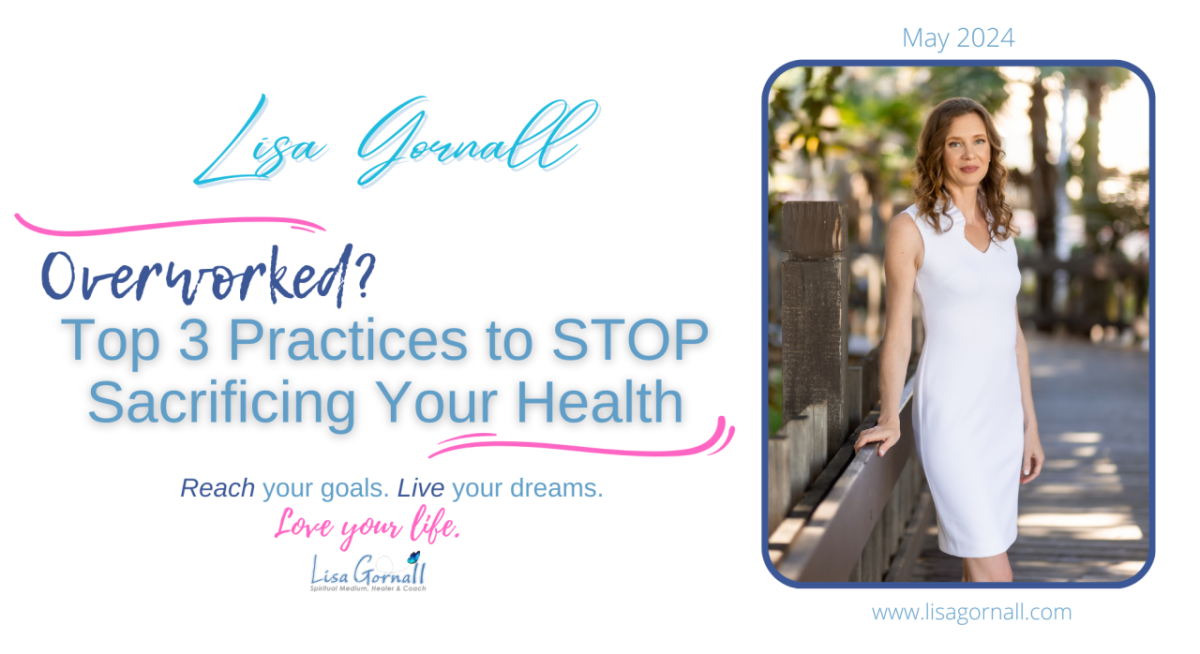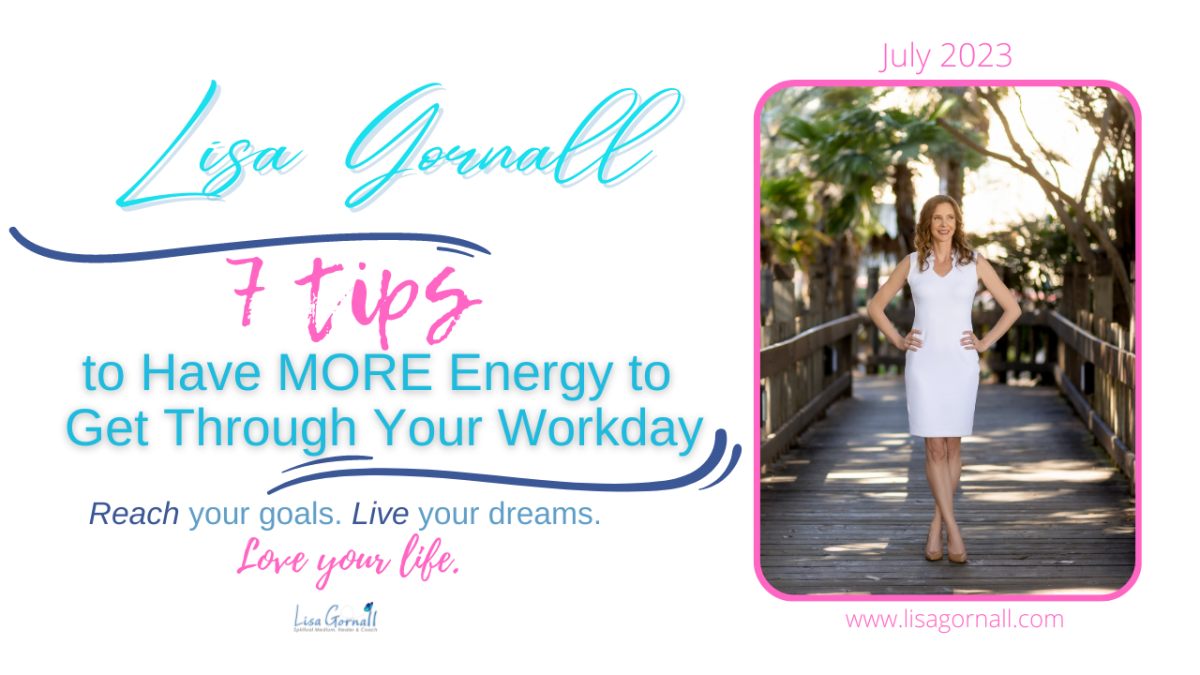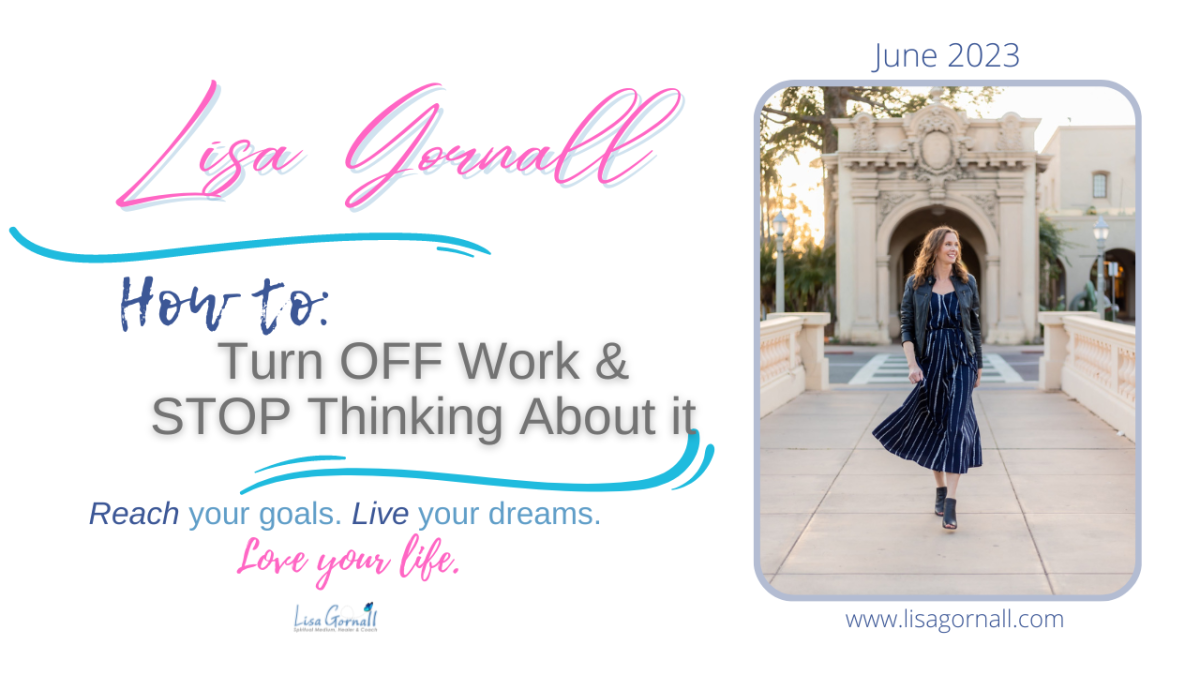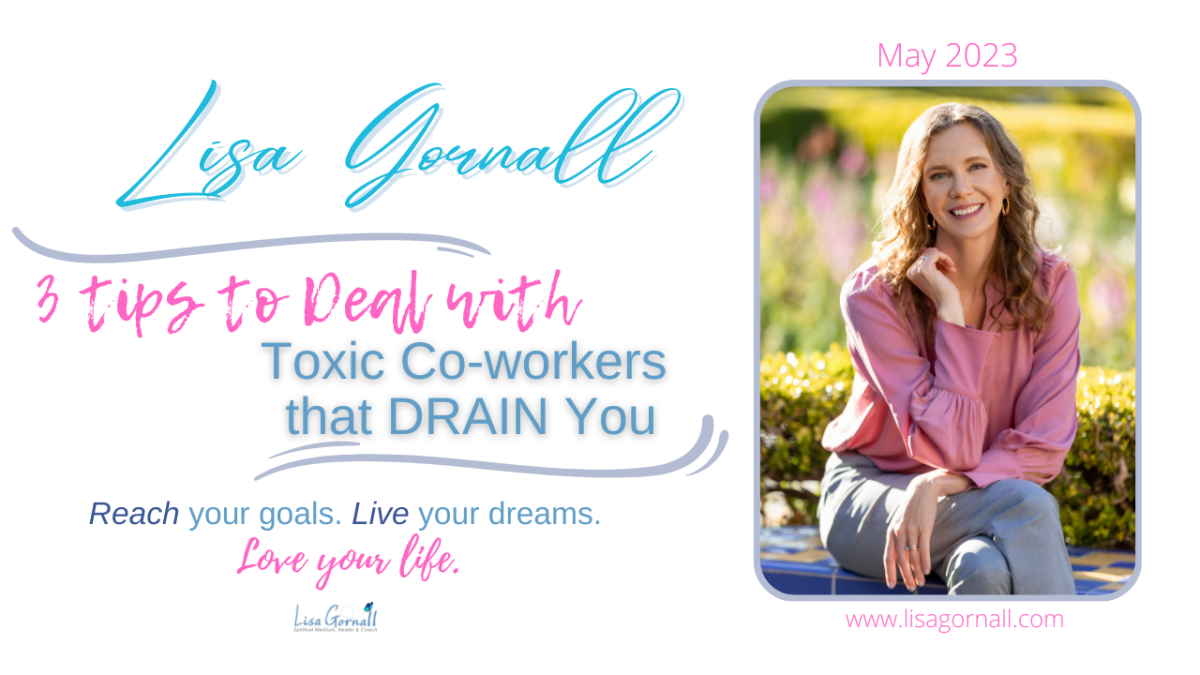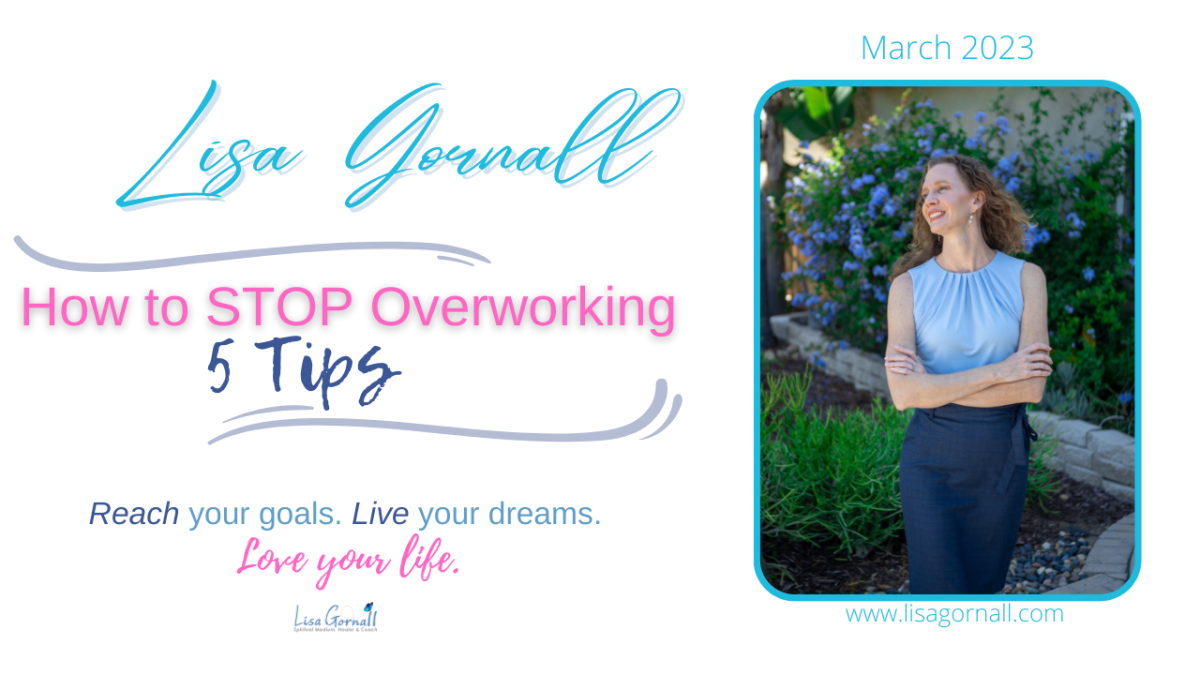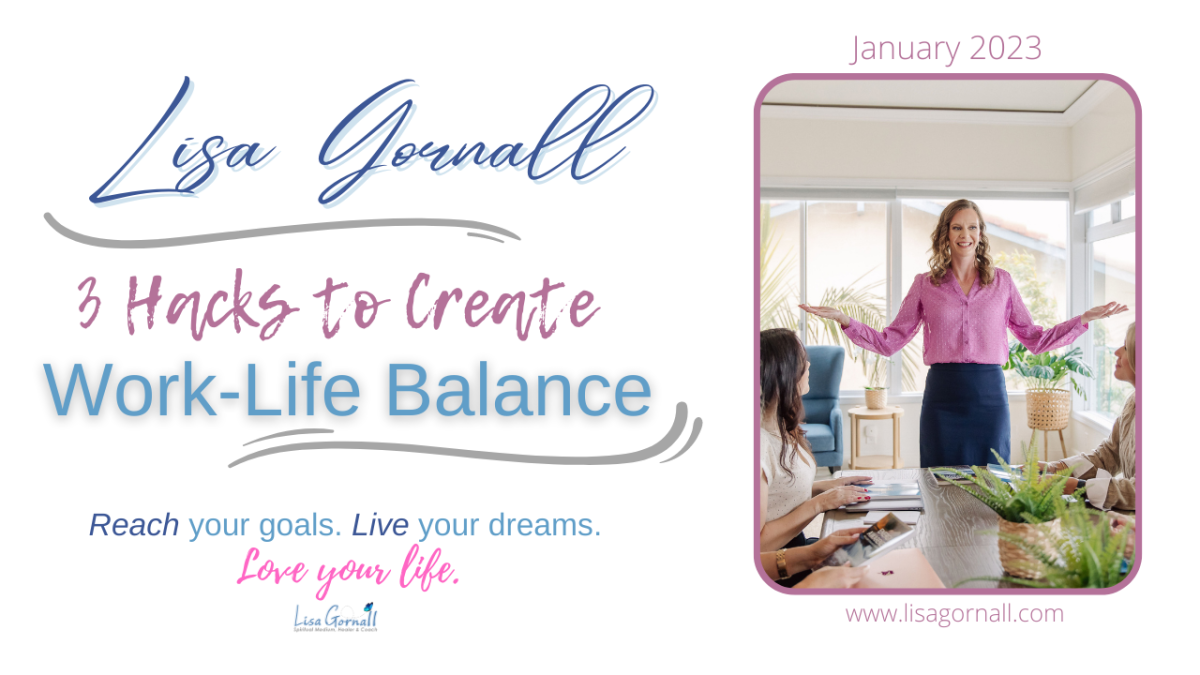Energy work is becoming more popular and I’m here for it, honestly.
But I’m not a fan of some of the “energy work stuff” I’m seeing out there. It isn’t doing anything, it’s making things worse or it’s not complete to get you real results.
I’ve been doing energy work all of my life.
I love to teach my clients easy practices and tools that will support them anywhere. In this article, I’m going to share my top 3 do’s and don’ts of energy work with you.
3 Energy Work Don’ts

1. If it makes you feel bad or even worse AFTER you do it, don’t do it.
Listen to your body and your intuition always.
Energy work should make you feel better, like you had a massage but you were never touched.
2. Don’t go through the motions.
When you go through the motions without intent on anything, you’re not doing anything.
Energy work isn’t a fake until you make it experience. You must be intentional and actively doing the energy work. There is a big difference between saying you do energy work and actually doing the energy work. Make sure you’re doing it.
If you’re doing the same thing every single day on repeat like a schedule, I guarantee you that you aren’t helping yourself or your energy in any way. You have to be present, grounded and intentional when you are doing any energy work practice to get results. Basically you have to fully show up.
3. Don’t do it for a few days, see results and STOP doing it.
I cannot tell you how many times my clients have told me how powerful a practice is for them and the results they got from it were helpful and amazing to them.
Then when things aren’t working I ask them how that specific practice is going and they say they only did it for a few days or when things started to go really well, they stopped.
Don’t stop. It’s like exercising. If it works for you, keep doing it to keep getting results. If you stop doing it, you stop getting the results. Keep doing the practices that best support you.
3 Energy Work Do’s

1. Always begin and end your energy work with White Light.
There is a lot of negative energy out there and some of it likes to mess with people or needs you to help it grow in power.
Use the White Light to prevent this. The White Light helps you create a safe space and is the most important energy work do. If you’re only going to do one thing in this article, this is it. Here’s a video to help you bring in the White Light.
2. Regularly clear out your energy.
When it comes to energy work, people want to focus on bringing in more positive energy. I get it, it feels way better than the stress, worry, overwhelm, frustration and anger that everyone carries.
But here’s the thing, you have to CLEAR your energy out for the positive energy to have somewhere to go. Here’s a short video I did on this at this as well – it’s an oldy but a goody.
You should be clearing your energy out throughout the day as needed. Not when you literally can’t store anymore negativity and you blow up at someone for something completely irrelevant. By the way, this is a tell tale sign that you need to clear your energy right now.
3. Refill your energy with positive energy when you let go.
Letting go means you LET IT GO. If you keep letting go of the same things or find yourself struggling with the same things, that means you didn’t let go. Let go.
Once you actually let go, you have to fill those areas where you were storing negative energy with positive energy.
You do this to prevent refilling those spaces with that same negative energy by storing positive energy in that space. That looks like pastel colors and positive, but short I am statements. Here is a video to help you do this.
What do you think is the most important thing for you to shift or start doing in your energy work practice? Tell me, I want to hear about it!
Daily energy work can be a life changer.
I hope this article supports you in creating a better process and if you need support, reach out to me to see what program will best support your goals.



